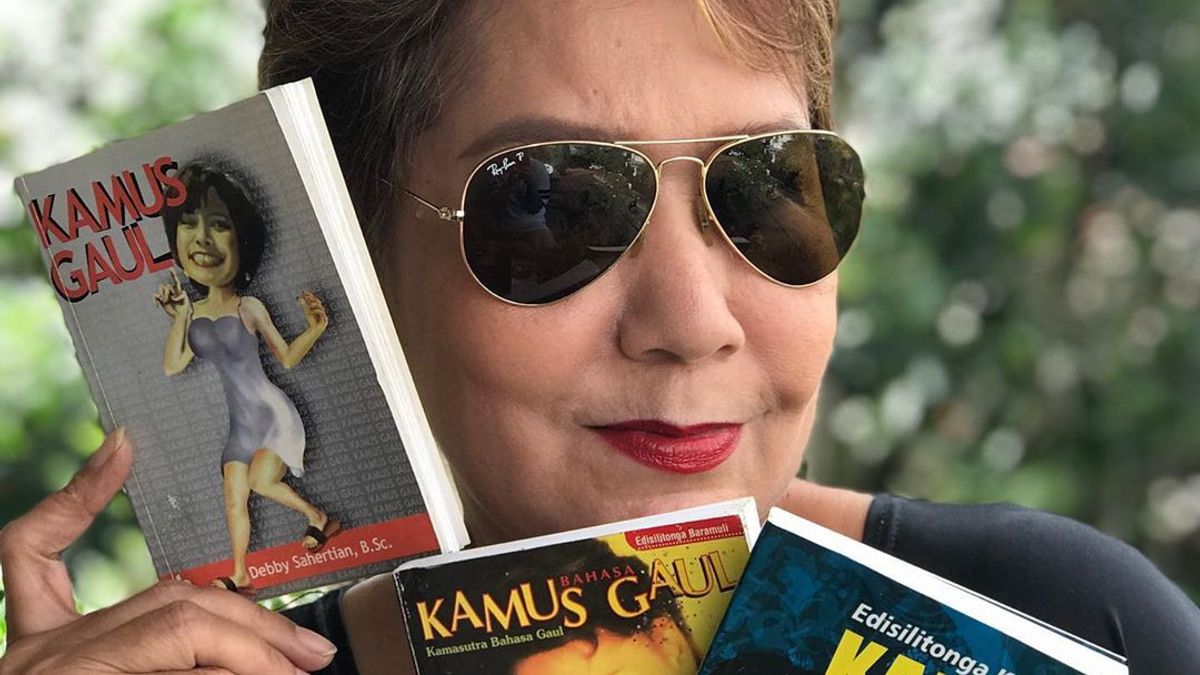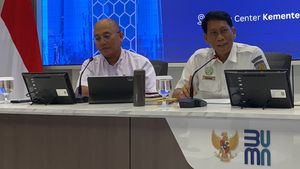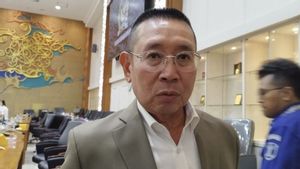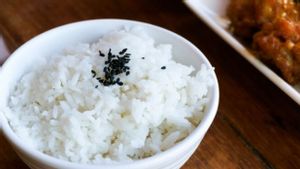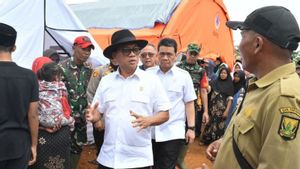JAKARTA - The word "Anjay" is being debated. The National Commission for Child Protection (Komnas PA) calls "Anjay" a form of bullying that has the potential to be criminal for its users. Debby Sah Understanding, an actress who is also the creator of the "slang" dictionary, responded to this polemic.
There is a wrong understanding, said Debby in response to Komnas PA's response to the word "anjay". "Anjay, in alternative relationships, for 'wow' or 'cool'. In slang it is the same as 'cucok'," said Debby, contacted by VOI, Monday, August 31.
"The intonation in just saying it is impressive. It should not be translated literally. So complicated," he added.
Debby also highlighted how the slang he calls part of an alternative language. Literally, alternative languages can be categorized as informal languages or informal languages.
"Whatever the form, the initial emergence of alternative languages is usually a 'secret' language within a community," he said.
"If the secret language is liked by the social community, it can eventually be taken over by young people who take advantage of the alternative language to 'break the ice' in their interactions. Let the ink (not) be stiff. So it is flexible," added Debby.
Alternative languages are also necessaryAlternative language as a way for a community to interact is also reflected in the birth of the legendary swear word: "jancuk". As we have discussed in the article "Tracing the Origins of the Word Jancuk". In history, "jancuk comes from the name of a Dutch artist, Jan Cox. He is a famous painter in the Land of the Windmills.
However, Jan Cox was never actually related to any events in Indonesia. He never even came to the archipelago. Then, how did his name come from one of the most popular curses in Indonesia?
During the colonial era, the Dutch troops came to Surabaya to disarm the Japanese soldiers driving tanks. One of the tanks they own reads "Jan Cox". The tank was an M3A3 Stuart type made in the United States (US) which became the inventory of the Dutch army.
Writing the name of something or someone as the naming of objects such as tanks or planes by soldiers during World War II became commonplace at that time. As the main tool of the foreign defense system, the "Jan Cox" tank became an object of hatred by the Indonesian People's Security Army (TKR), especially residents in East Java.
If this tank got close, everyone would be calling out for caution, like "watch out for Jan Cox!" The resentment of the residents of East Java at the attack was the reason "Jan Cox" was absorbed into "jancuk" curses.
The use of Indonesian is clearly important. However, alternative languages also need to be preserved. Debby said, alternative languages can be a 'potion' for warming the social atmosphere. In today's social context, this is clearly necessary.
"Another function, alternative languages are used as 'spoken' language which is flexible in socializing or socializing," said Debby.
Apart from the controversy over the expression "anjay" or "jancuk" and various other diction, Debby reveals why it is important to preserve alternative languages? He said, "When I made a slang dictionary, I only had one goal, which was to document all the vocabulary circulating in the community."
Another thing that is clear is that language is an ever-evolving thing. And shutting down from development is not a wise choice. "There will be new alternative language trends. With the slang dictionary, there will be at least a track record of ever circulating this slang alternative language in our social society," said Debby.
The English, Chinese, Japanese, Arabic, and French versions are automatically generated by the AI. So there may still be inaccuracies in translating, please always see Indonesian as our main language. (system supported by DigitalSiber.id)
